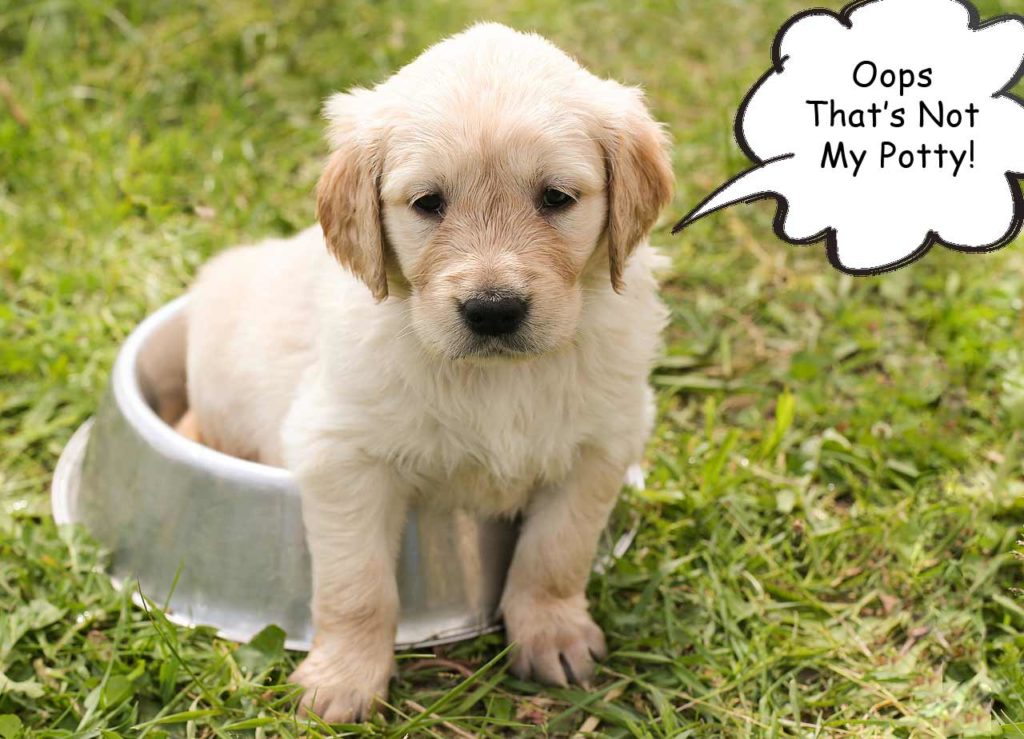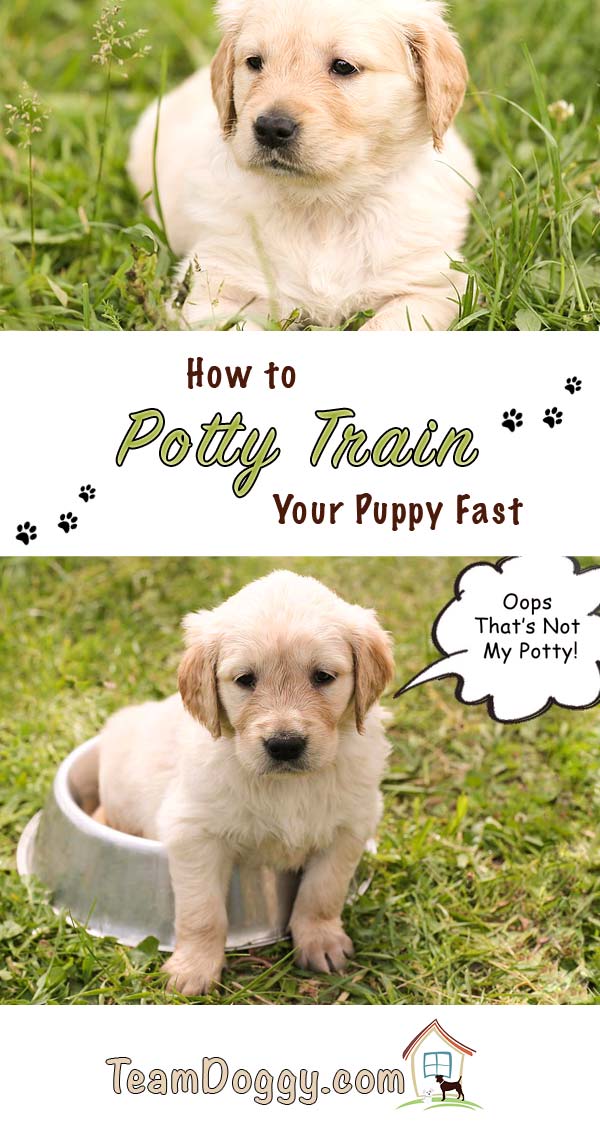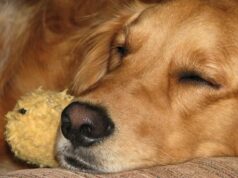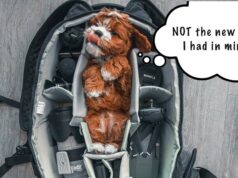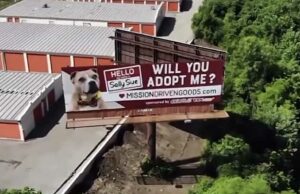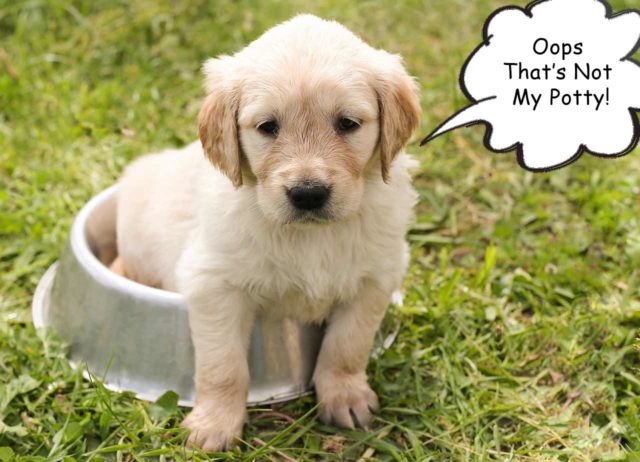
The key to potty training your puppy fast is consistency, patience, and giving them positive reinforcement. Usually it will take about 5 months for a puppy to become fully house trained but certain breeds may take longer.
Size may be an issue. For instance, smaller breeds have smaller bladders and should be brought outside more often. While you’re training, don’t worry if there are setbacks. As long as you continue working with your puppy, that includes taking your puppy out at the first sign it needs to go and offering it rewards afterwards, they’ll learn.
When Should You Start Potty Training Your Puppy?
It is recommended that you begin house training your puppy when he is between 12 weeks and 16 weeks old. At this point, he has enough control of his bladder to learn to hold it in. If your puppy is older than 12 weeks house training may take longer. You will have to reshape your dog’s behavior.
KEY POINTS ON POTTY TRAINING YOUR PUPPY
I recommend blocking off the puppy to a defined space, whether that means in a crate, in a room, a leash or kennel.
As your puppy begins to understand that he needs to go outside to go potty, you can gradually give him more freedom to roam a bigger and bigger space.
When house training, I recommend following these important points:
● Take your puppy out first thing in the morning and then once every 30 minutes to an hour, depending on the size of your dog. Get to know your puppy’s limits and preferred potty schedule.
● Always take him outside after meals, when he wakes from a nap, when you’re about to leave them alone, and make sure he goes out right before bed and right away when he wakes up the next morning.
● Keep your puppy on a feeding schedule, and take away his food between meals.
● When they start to get the hang of going outside you will probably have to wake up several times during the night because they will not want to have an accident in their crate, room, kennel ect.
● Take your puppy to the same location each time to do his business. He will recognize his own scent and that will prompt him to go.
● Stay with your puppy outside while he is doing his business until he is house trained.
● When your puppy goes potty outside, reward him by giving him a healthy treat, some loving attention or a walk around the neighborhood.
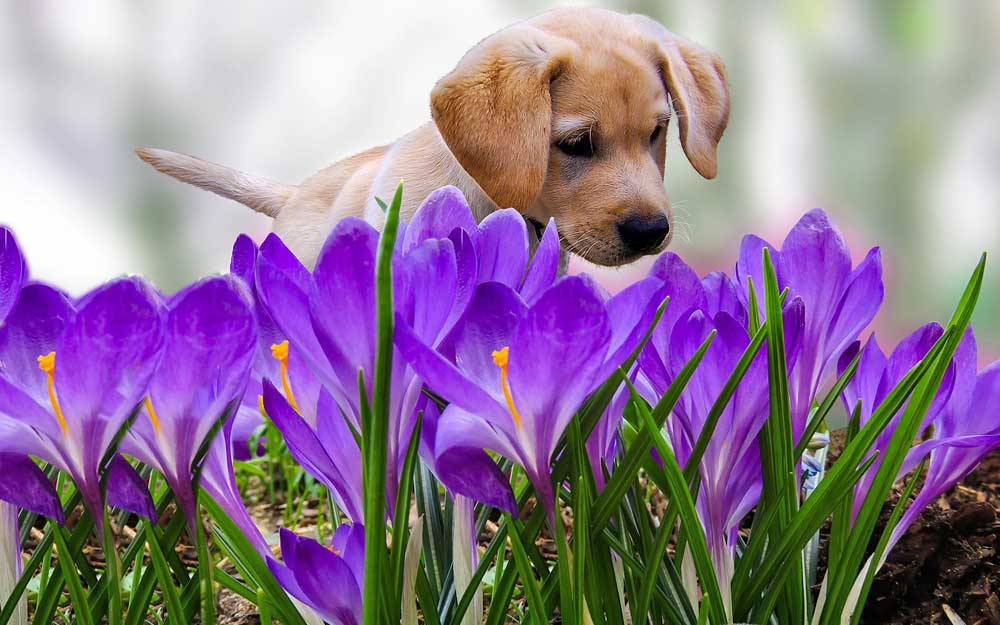
House Training Problems
Accidents are common in puppies up to a year old. The reasons for accidents can differ from incomplete house training to a difference in your puppy’s environment.
When your puppy does have an accident, keep on training. Then if it still doesn’t seem to be working, consult a veterinarian to rule out any medical issues.
Signs That Your Puppy May Need To Go Outside
Sniffing, circling, barking, whining or, if your puppy is unconfined, scratching or barking at the door, are all signs he needs to go. If you notice any of these actions please take your puppy out immediately.
Advantages To Using A Crate Or Kennel To Potty Train your Puppy
A crate can be a good idea for house training your puppy, for sure in the beginning. It will allow you to keep an eye on him for signs he needs to go and also it will teach him to hold it until you let him outside.
Here are a few tips for using a crate:
● Make sure your puppy’s crate or kennel is big enough for your puppy to stand up comfortably, turn around, and lie down. But not big enough for him to use a corner to eliminate in.
● If you are using the crate for more than two hours at a time, make sure your puppy has fresh water and the correct amount of food if gone over a feeding schedule time.
● If you can’t be home during the house training period, make sure somebody else you trust will give him several potty breaks throughout the day until he is fully potty trained.
● Don’t use a crate if your puppy is relieving himself in it. Eliminating in the crate could have several meanings: he may have brought bad habits from the shelter or pet store where he lived before; he may not be getting outside enough; the crate may be too big; or he may be too young to hold it in.
Do’s and Don’ts While House Training Your Puppy
Keep the following do’s and don’ts in mind while potty training your puppy:
● Punishing your puppy for having an accident is a definite NO. It teaches your puppy to fear you.
● If you catch your puppy in the act, clap loudly so he knows he’s done something unacceptable and scares him enough to stop, Then take him outside by calling him or taking him gently by the collar. When he’s finished, praise him or give him a small treat.
● If you found the evidence but didn’t see the act, don’t react angrily by yelling or rubbing his nose in it. Puppies aren’t capable of connecting your anger with their accident.
● Staying outside longer with puppy may help to curb accidents. They may need the extra time to explore their new space.
● Clean up accidents with an enzymatic cleanser rather than an ammonia-based cleaner to minimize odors that might attract the puppy to go again back to the same spot.
Potty training a new puppy can be challenging at times. But once your puppy has mastered this skill you both will be happy. He’ll have more freedom and confidence and you will feel good knowing you completed one of the most important stages in dog ownership.
What are some of the puppy potty training tricks that have worked for you?

